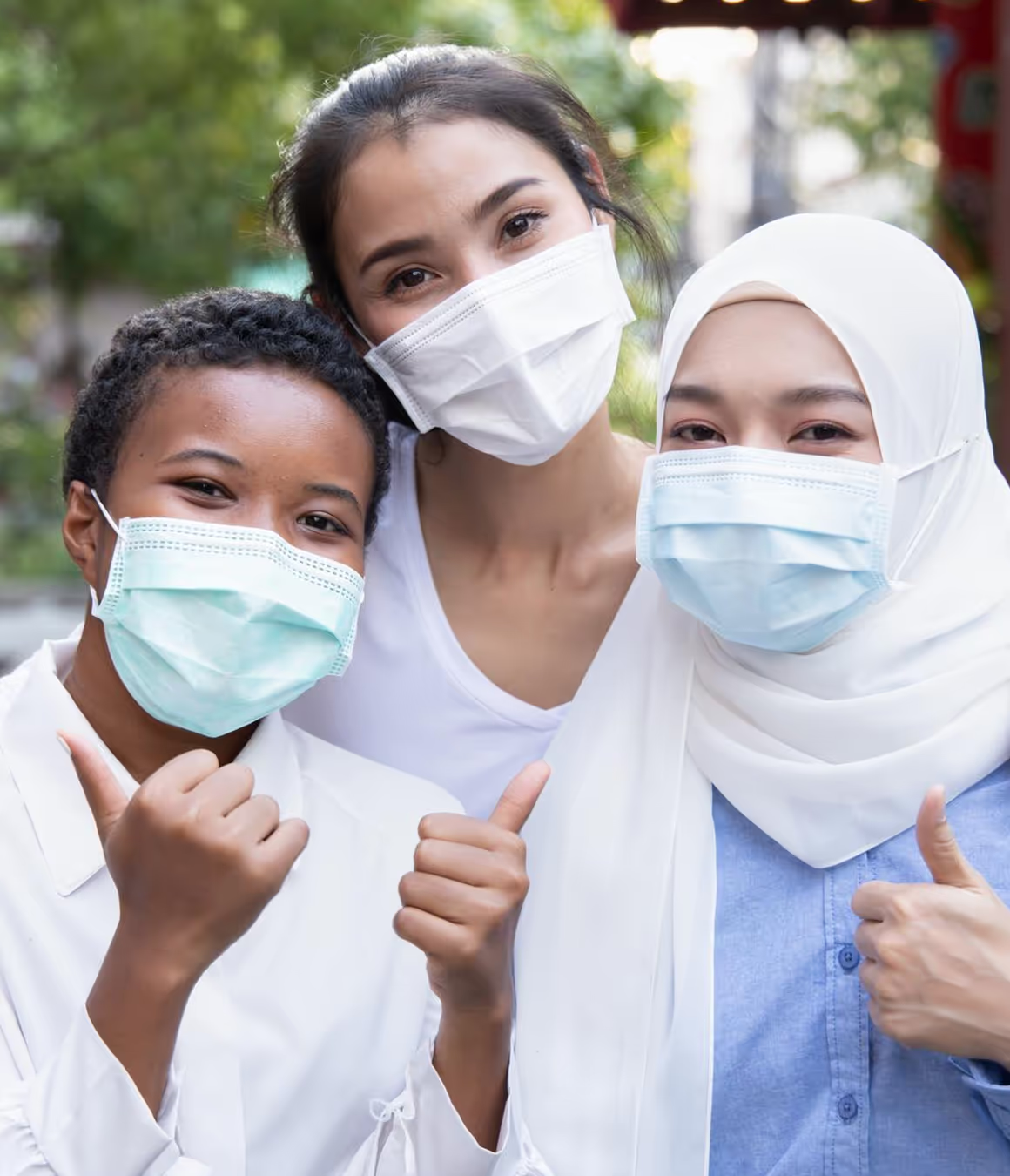#BisaSehat is a public health initiative that fosters lasting behavior change, empowers local resources, and builds resilient communities. Reaching vulnerable groups in urban and rural areas, it delivers tailored interventions to address health needs and reduce long-term risks.


Indonesia ranks second in the world for the highest number of Tuberculosis (TB) cases, with an estimated 1,060,000 active cases and 134,000 deaths annually (Global TB Report 2023). Despite national efforts, many cases remain undetected, especially in densely populated, remote areas and among high-risk groups such as people with HIV, diabetes, and silica-exposed workers. Low public awareness of proactive screening and limited diagnostic tools at primary health centers are major challenges. In response, the #BisaSehat program, in collaboration with Zero TB Yogyakarta, launched a community-based Active Case Finding (ACF) initiative in high-burden areas like Gunungkidul, offering free screening at 23 public health centers. Using mobile X-ray units and AI technology, the program targets both vulnerable groups and the general public, complemented by TB education, referral services, and patient support to ensure early detection and break the chain of transmission.
Implementation of community-based Active Case Finding (ACF) for Tuberculosis (TB) in collaboration with 23 Public Health Centers (Puskesmas) in Gunungkidul through mass screening services using AI-assisted chest X-ray and Molecular Rapid Testing (TCM) to enhance early detection of TB cases in high-burden areas.
Implementation of community-based Active Case Finding (ACF) for Tuberculosis (TB) in collaboration with 23 Public Health Centers (Puskesmas) in Gunungkidul through mass screening services using AI-assisted chest X-ray and Molecular Rapid Testing (TCM) to enhance early detection of TB cases in high-burden areas.

Throughout 2024, #BisaSehat initiative has continued to expand its reach by adopting a community-based approach that addresses diverse challenges related to public health, nutrition, and community well-being. The programs implemented have made a tangible contribution in easing the economic burden of vulnerable families, improving community quality of life through education and direct interventions, and encouraging sustainable behavioral changes towards healthier lifestyles.